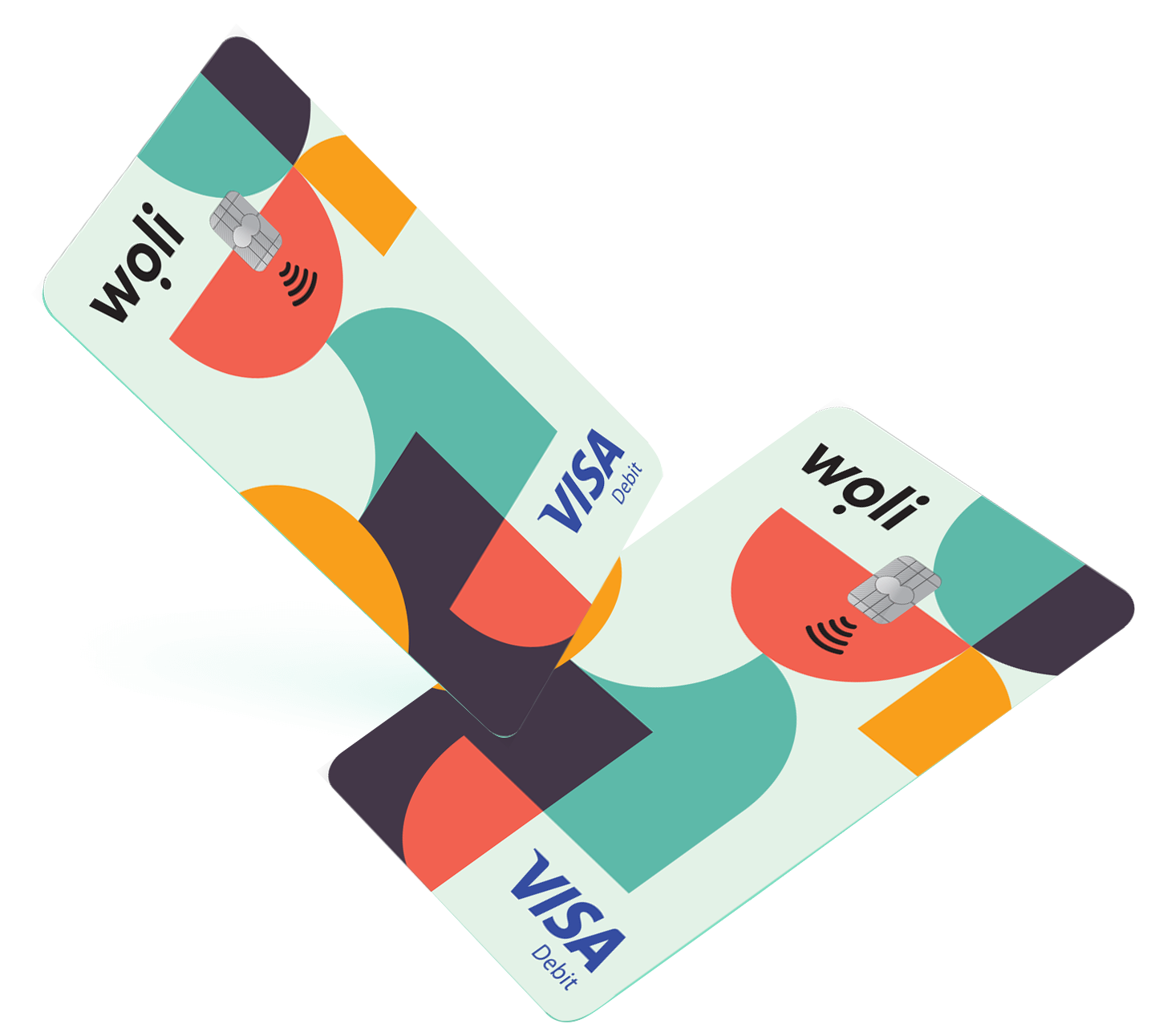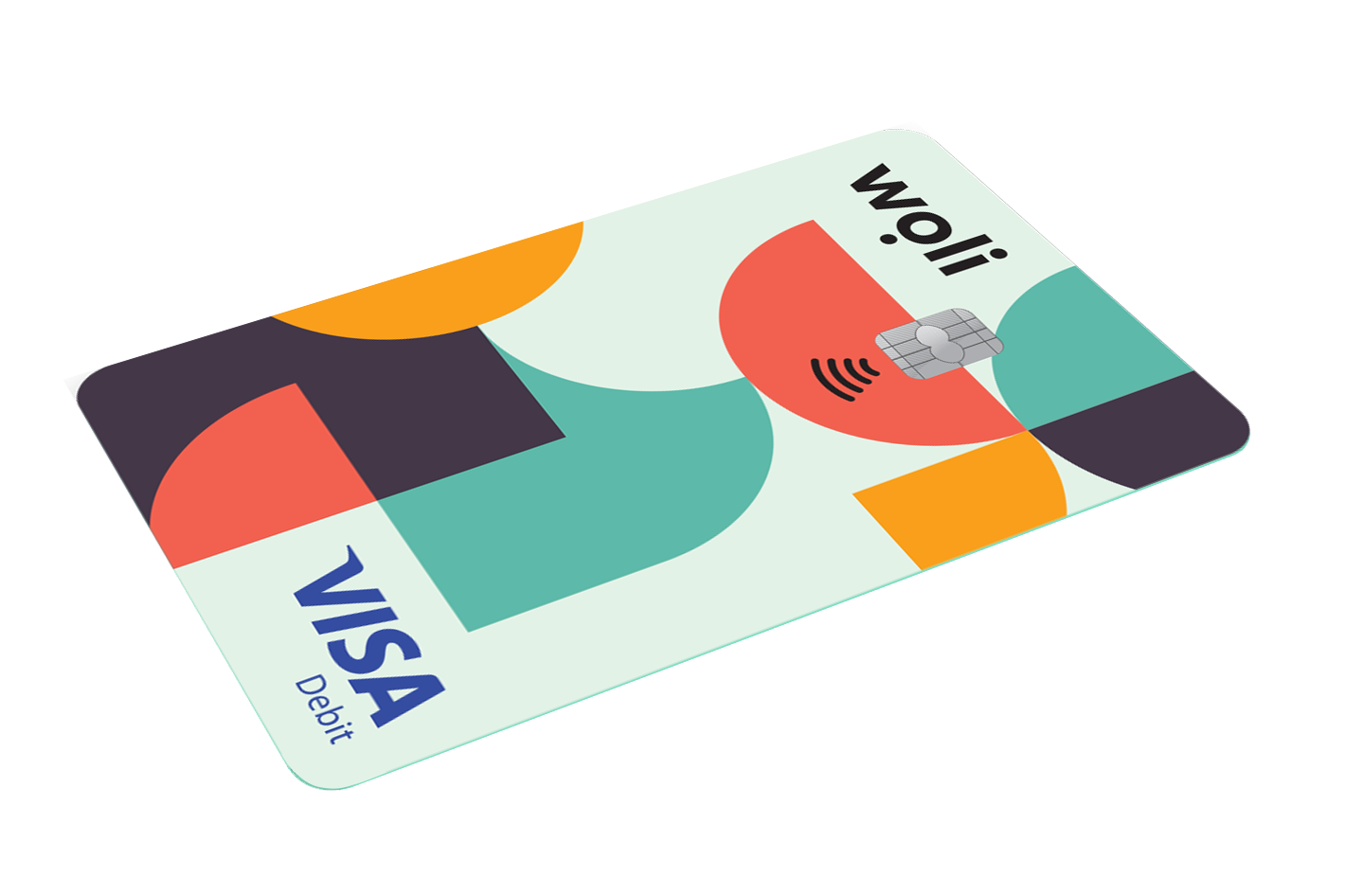In the age of the internet and social media, young people have the opportunity to showcase their creativity and start successful business ventures, regardless of age. Many teenagers have already built profitable businesses in fields such as technology, fashion, and consumer products, proving that entrepreneurship is not just for the experienced and older. Through their personal stories and achievements, we can learn valuable lessons on how to start our own business, manage our finances, and remain resilient, even in the face of difficulties.
1. Passion and Entrepreneurship: From Idea to Action
One of the key lessons that teen entrepreneurs teach us is that passion is the driving force behind every successful business. One such example is Moziah Bridges, who created his company “Mo’s Bows” when he was only 9 years old. Moziah, who loved fashion, especially bow ties, decided to start making his own handmade designs and selling them. What started as a hobby quickly grew into a business that caught the attention of major investors and retail partnerships, like Neiman Marcus.
Moziah’s story shows that when you love what you do, you can overcome any challenges and grow a business from the ground up. Passion is not just motivation—it’s the foundation upon which you can build your strategy and move forward, even when things get tough.
2. Solving Problems: Creating Solutions
Many of the most successful businesses started with the need to solve a problem. Benjamin Stern, who founded “Nohbo” at the age of 14, recognized the severe environmental impact of plastic shampoo bottles and created an ecological solution with water-soluble shampoo pods. His business not only gained recognition but also received investment from Mark Cuban on Shark Tank, proving the power of innovation.
Benjamin’s story teaches us the importance of recognizing problems in society or the market and developing solutions that are not only sustainable but also beneficial. Especially for young entrepreneurs, this example encourages them to identify gaps in the market or environmental issues they can address with their ideas.
3. The Role of Social Media in Success
The power of social media cannot be overlooked, especially for young entrepreneurs who want to build a successful business on a limited budget. Maddie Rae, for example, turned her love for making “slime” into a multimillion-dollar business using platforms like Instagram and YouTube. With the right strategy and her personal brand, Maddie built a loyal customer community and impressed her audience with her innovative products.
Social media can be one of the most powerful tools for advertising and growing your business. The key to effective use of social media is the entrepreneur’s ability to connect with their audience and build trust. If done right, your brand can become more recognizable and create significant demand for your products or services.
4. Financial Management: Learning to Manage Money
One of the most important aspects of entrepreneurship is financial management. Mikaila Ulmer, the founder of “Me & the Bees Lemonade,” secured a deal on Shark Tank and wisely used the profits to invest in her business. Mikaila is an excellent example of how financial literacy can lead to success. Even though she was only 11 years old when she started her business, Mikaila learned to manage her money carefully, allowing her to expand her brand nationwide.
For young entrepreneurs, financial management is crucial. Whether it’s budgeting, making strategic decisions about investments, or necessary purchases, good financial management can make the difference between success and failure. By learning how to manage your money, you learn to invest in the right direction and strengthen your business for the future.
5. Failure is a Lesson
Failure is not the end—it’s simply a step towards success. Entrepreneurs need to learn from their mistakes and use them as opportunities for improvement. Ryan Hickman, for example, started his business “Ryan’s Recycling” when he was only 3 years old. He faced many challenges as his business grew, but instead of giving up, he adapted his business model and continued expanding. His failure with the original business model became the springboard for improvement and further growth.
Ryan’s story teaches us that not succeeding the first time doesn’t mean you should give up. Success comes through failure—as long as you learn from it and adjust your strategy.
Conclusion: Lessons in Success from Young Entrepreneurs
The stories of these famous teen entrepreneurs show us that age is not a barrier to success. On the contrary, creativity, persistence, and the right mindset are the key ingredients that can lead anyone to success, regardless of age. For teens thinking about starting their own business, the most important lesson is to follow their passion, solve real problems, manage their finances wisely, and remain resilient in the face of challenges.
If you’re young and thinking about starting your own business, don’t be afraid to take the first step. Draw inspiration from these young entrepreneurs and take that first step towards bringing your idea to life!
Try the Woli Debit Card and teach your child financial responsibility in a fun way! Download the Woli app on Android or iOS, follow the steps to add your child, and get 30 DAYS FREE on the premium BASIC subscription and a FREE physical Woli card!









